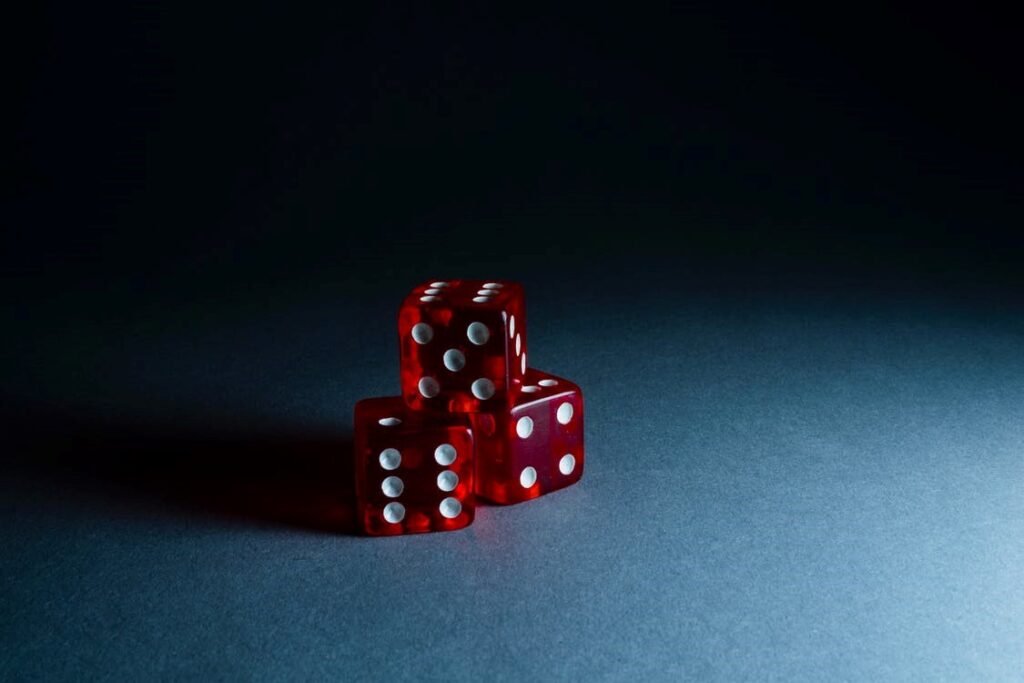
Probability is a branch of mathematics that deals with the idea of the likelihood of certain events or occurrences. For example, if you were to flip a coin right now, then probability will tell you that you have a 50 percent chance of getting either heads or tails. This is a very basic example of probability, but not a lot of people realize that this simple mathematical principle applies to so many aspects of life.
Weather Predictions
If you study climatology intently, then you would know that there is no surefire way to accurately predict the weather a hundred percent of the time. Weather forecasts are always given in the form of probabilities. That’s why the weatherman on the nightly news is always telling you that there is only a 60% chance of rain instead of letting you know whether you should be prepared to get wet or not. This is just one common example of how probability rules the daily lives of people without them even realizing it. If the weatherman forecasts that there’s a 85% chance of raining tomorrow, then you’re more likely to want to pack a jacket or an umbrella for your daily commute to work.
Rolling the Dice
When it comes to dice probabilities, things can get very immense and overwhelming due to the sheer number of possibilities out there. A standard six-sided die will give you a 1 out of 6 chance to roll a one face-up. That’s approximately around a 17% probability. But what are the odds of rolling a one twice in a row? It’s a matter of multiplying the fraction 1/6 by itself. 1 multiplied by 1 is still one. But 6 multiplied by 6 is 36. This means that there is a 1/36 chance of getting two ones in a row. If you’re calculating for the probability of getting a one thrice in a row, then you just have to multiply the fraction by itself three times. This will amount to a probability of one out of 216.
Sporting Strategies
Sports isn’t just all about athletics. It also requires a great deal of mathematics as well. Take a superstar athlete like Shaquille O’neal. The all-star center was a force to be reckoned with. The Big Diesel racked up four total NBA championships with the Los Angeles Lakers and the Miami Heat, and he was a pivotal member in all of those teams.
Despite his overwhelming size and amazing skill set, Shaq did have some weaknesses: his free throws. In fact, teams used to exploit this weakness as much as they could. Statistically speaking, Shaq was very efficient in shooting from the field. That’s because he would use his size to move people around and get to his comfortable spots on the floor.
However, he was a notoriously poor free-throw shooter. And many NBA strategists figured this out and used this knowledge to their advantage. They calculated that it was more likely for Shaq to make a field goal than it was for him to make a free throw. So, teams would intentionally foul Shaq and send him to the free-throw line instead of taking their chances by defending him straight up.
Insurance Premiums
Another way that probability impacts daily life is through insurance premiums. Typically, insurance agencies will take a look at the way you live your life and calculate the likelihood of you getting sick or dying. For example, if you’re a chain smoker, then this increases the chances of you contracting a disease or even potentially dying from it. That means that there is a higher probability for the insurance agency to shell out money to satisfy your insurance plan. So, they will compensate by charging you a higher premium. Conversely, if you’re less likely to get sick or die because you live such a healthy life, then insurance agencies will take this into consideration by offering you a less expensive insurance premium.
Poker Playing
Poker is not just a game of luck. It’s a game of strategy. And a lot of that strategy has to do with probability. In order to win at poker, players have to possess the best combination of cards on the board and in their hands. With every betting round, poker players are calculating the likelihood of their cards being the best possible hand or the nuts in poker slang. Skilled poker players are even able to calculate their chances of winning just by reading the cards that are on the board and in their hands.



